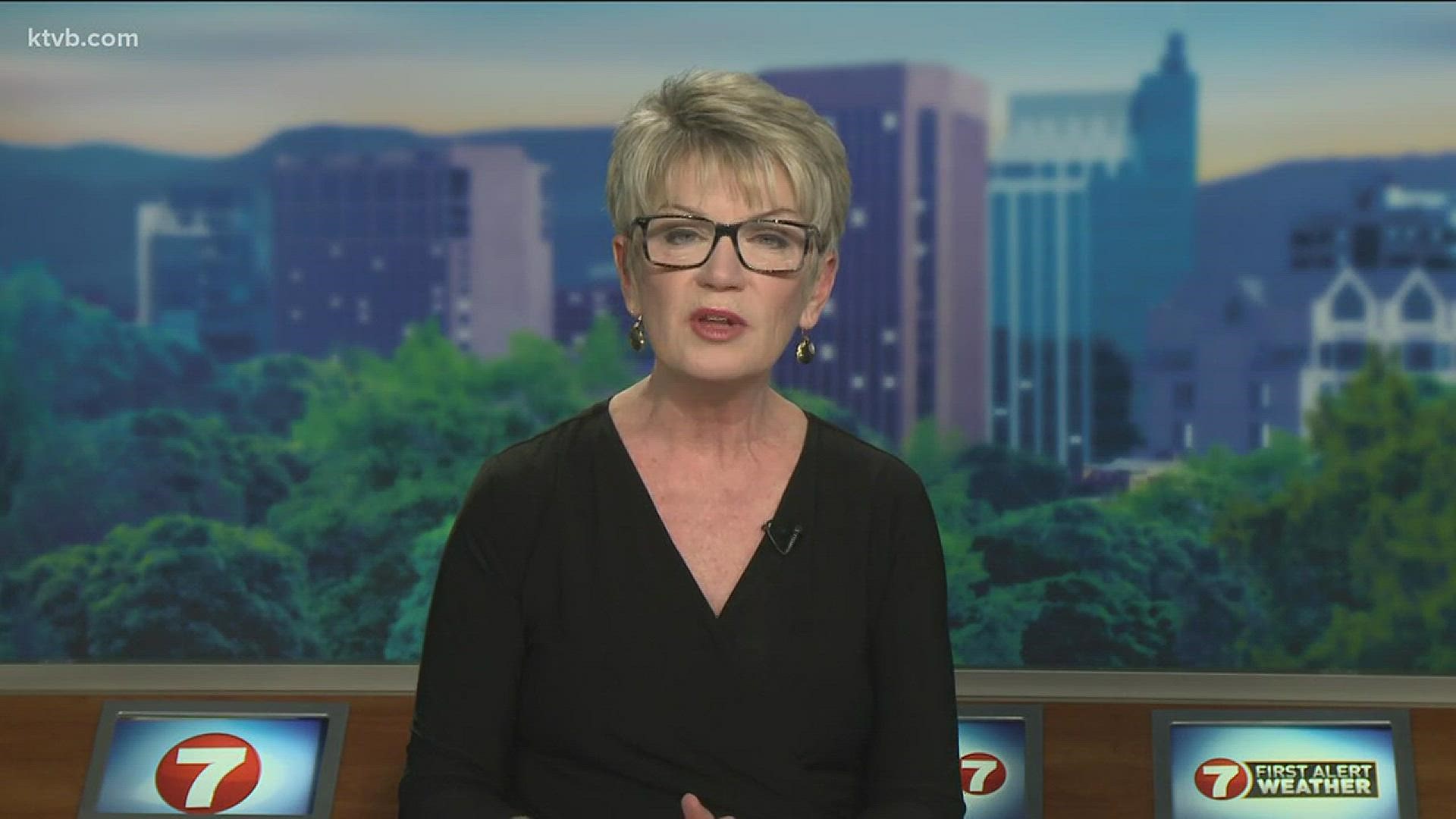BOISE - Have you ever wondered where Idaho legislators are getting their campaign funds?
When any lawmaker votes on an issue, big or small, it's hard not to wonder if - and how – donations influence their decision.
In the state of Idaho, that information can be very tough to find, but now the secretary of state and an Ada County election official are working on legislation to help make it easier.
You've heard the expression "follow the money," but the way campaign finance reports are handled in Idaho, it's easier said than done.
In a recent study of government transparency, the Center for Public Integrity game Idaho a D-minus.
"If you are spending money to influence elections or the outcome of elections, it should be reported," said Secretary of State Lawerence Denney.
Denney says in Idaho that information can be tough to follow. That's why Friday he introduced legislation to the Senate State Affairs Committee that would simplify Idaho’s sunshine laws.
"We do get a lot of calls about what things mean and sometimes we can't even answer what it means," said Denney.
Idaho’s sunshine laws aim to promote public confidence and openness in government; the hope is to make it clear who is giving financial support to state election campaigns.
The challenge is many of those laws haven't been refined since the 70s.
Ada County Chief Deputy Clerk Phil McGrane is co-sponsoring the bill. He says campaign contribution information is out there but extremely hard to find and aggregate.
In Idaho there are 79 different places where state lawmakers report campaign finance information. To put all of that together, someone would have to manually go through lots of PDFs and paper documents to get answers.
"If we can consolidate and modernize what we are doing, we can cast a lot more light on the process and create more confidence in our public officials," said McGrane.
The centerpiece of Senate Bill 1337 is to create a centralized computer database of campaign contributions that is easily accessible for anyone.
A 2016 database has been created to show lawmakers the concept. The prototype website shows where every dollar given to legislators during the 2016 cycle came from.
"If they can go to a website or they can see where the money is coming from and how it's being spent, I think it gives them that sense of confidence that nobody is trying to buy a legislator or an official," said Denney.
McGrane and Denny say the idea for the new system is not to go after lawmakers.
"We have good things that are going on, and you build public trust by exposing what is actually happening," said McGrane.
During McGrane's presentation Friday, he showed just how easy it would be to find campaign contributions that Idahoans might find interesting.
"The best example was, the largest contributor to political action committees in the state of Idaho in 2016 was the Democratic Party of Georgia," said McGrane.
"I think it just improves the confidence in government, and I think that is important to all of us. The confidence in elections and it just makes more people willing to participate," said Denney.
The proposed legislation also calls for more detailed reporting of campaign contributions, especially at local election levels.
The hearing Friday for the bill was an informational hearing.
That means it is likely to get its real run next legislative session, but the goal is to have the computer system up and running before the 2020 presidential election.

